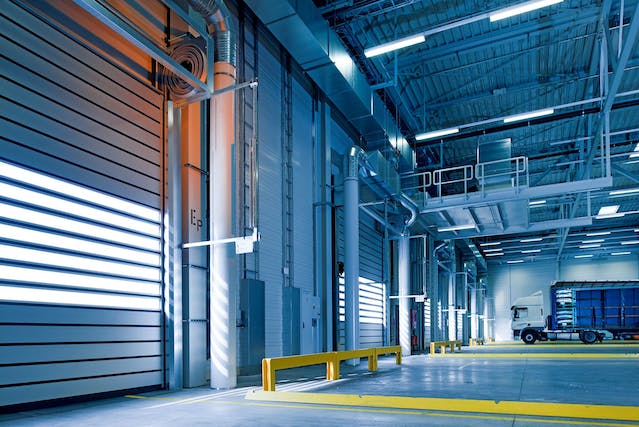In an era of heightened environmental awareness, the intersection between industry and ecology is becoming more pertinent than ever. A clean environment is no longer a lofty ideal but a fundamental component of a successful and sustainable industrial strategy. This comprehensive blog post examines the multifaceted impact of a clean environment on various industries and how embracing ecological responsibilities can spawn economic, environmental, and social benefits.
Introduction
The vitality of a clean environment extends across all facets of life, including the industrial sector. Beyond preserving the planet for future generations, maintaining a clean environment is a critical foundation upon which industries must build to achieve long-term profitability, social responsibility, and ethical standing. Let’s delve into how a clean environment tangibly benefits industries, enhancing their operations while safeguarding the Earth.
Economic Benefits
Increased productivity and efficiency: A clean environment is synonymous with optimised working conditions. Cleaner workspaces lead to healthier employees who are less likely to take sick leaves, therefore maintaining consistent productivity rates. Moreover, industries that invest in clean technology benefit from improved efficiency and reduced operational costs.
Cost savings through resource conservation: Keeping the environment clean often requires industries to adopt measures that lead to resource conservation, such as recycling, reusing materials, and reducing energy consumption. In the long run, this translates into significant cost savings and contributes to a circular economy.
Attracting investment and fostering sustainable growth: Investors are increasingly drawn to companies that demonstrate a commitment to sustainability. By prioritising a clean environment, industries can attract environmentally-minded investors and customers, ultimately contributing to economic resilience and sustainable growth.
Environmental Benefits
Reduced pollution and waste: By adopting cleaner production processes and waste management systems, industries can significantly reduce their environmental footprint. This reduction in pollution has direct positive effects on the air, water, and soil quality, contributing to an overall healthier ecosystem.
Conservation of natural resources: Through the mindful use of resources, industries play a crucial role in extending the life of vital raw materials. This ensures the availability of these materials for the future and stabilises market prices, benefiting both the industry and consumers.
Preservation of ecosystems and biodiversity: A clean environment supports rich biodiversity and the preservation of natural habitats. Industries that operate with an environmental consciousness contribute to the maintenance of diverse ecosystems, which in turn can provide raw materials, pollination services, and climate regulation.
Social Benefits
Improved health and well-being of workers and communities: A clean industry reduces the exposure to pollutants and harmful substances for its workforce and surrounding communities. This improves the quality of life and diminishes healthcare-related expenditures.
Enhanced reputation and brand image: Companies that take a proactive approach to maintaining a clean environment often enjoy a more positive public image. In an age where consumers value corporate responsibility, a strong environmental record can distinguish a brand and engender loyalty.
Collaboration and engagement with stakeholders: A focus on a clean fill sites is environment often encourages industries to engage more deeply with stakeholders, including local communities, customers, and environmental groups. This can lead to constructive dialogues and partnerships which foster social cohesion and trust.
Conclusion
The relationship between a clean environment and industry is one that is intertwined with the pursuit of sustainable development. From bolstering the economy to fostering a healthier society, the benefits are clear and measurable. As consumers continue to demand more socially and environmentally responsible business practices, industry leaders are called to action. By integrating clean environmental practices into their core strategies, they can reap economic rewards, contribute to environmental salvation, and build a more equitable society for all.
















